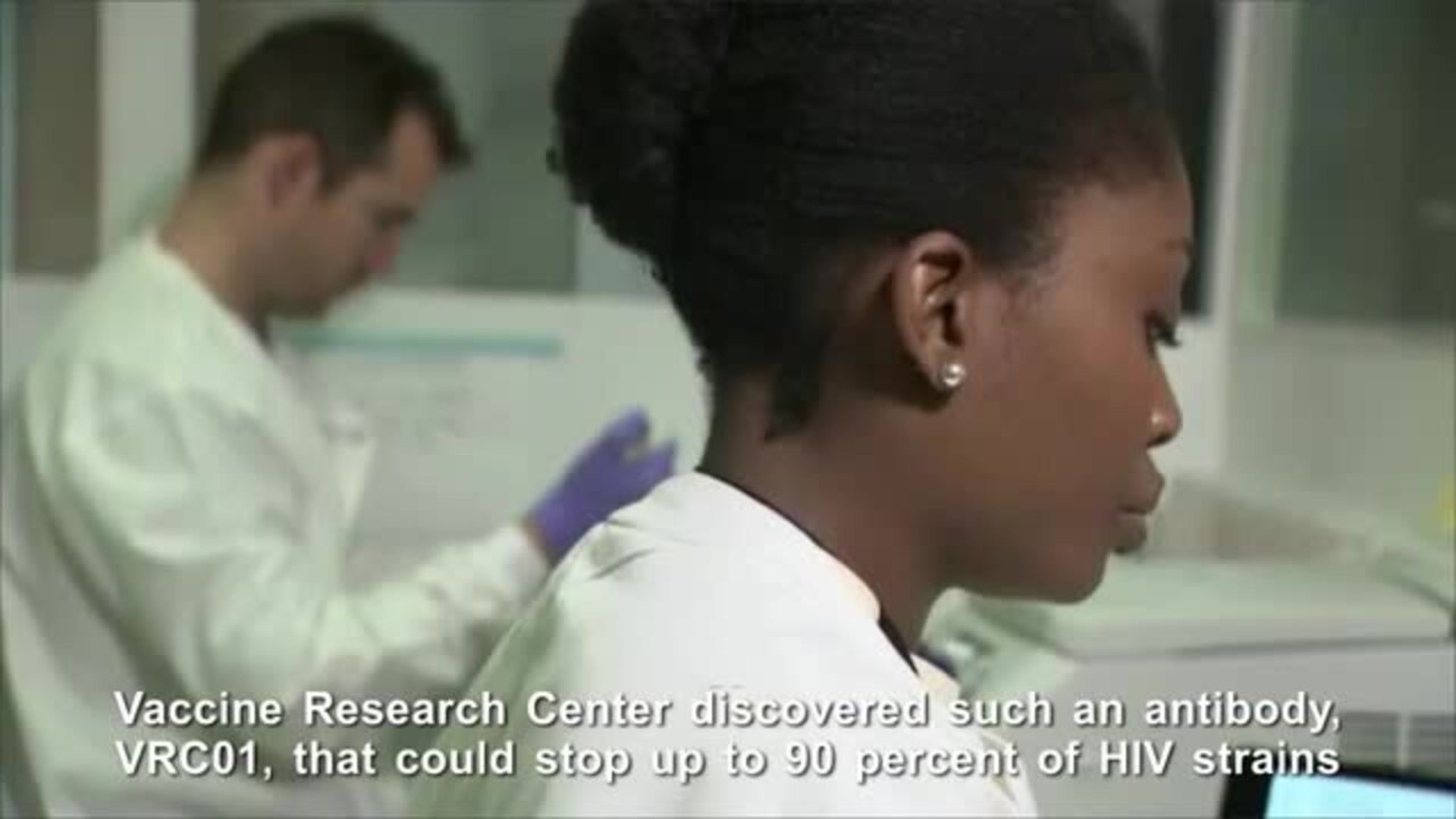Together We Know
Scientists Identify Antibody That Neutralizes 98% of HIV Strains

The antibody could prove important in potentially treating or preventing HIV infection.
November 16 2016 2:25 PM EST
March 12 2019 1:28 AM EST
By continuing to use our site, you agree to our Private Policy and Terms of Use.

The antibody could prove important in potentially treating or preventing HIV infection.
Scientists from the National Institutes of Health (NIH) have identified a powerful antibody that neutralizes 98% of HIV strains tested, including 16 of 20 strains resistant to other similar antibodies.
This antibody, named N6, could prove important in potentially treating or preventing HIV infection.
Because the HIV virus rapidly changes, evading recognition by the immune system, it's been difficult to identify neutralizing antibodies. In 2010, scientists at the National Institute of Allergy and Infectious Diseases' Vaccine Research Center discovered such an antibody, VRC01, that could stop up to 90 percent of HIV strains from infecting human cells.
According to a release from NIH, N6 acts like VRC01 by blocking "infection by binding to a part of the HIV envelope called the CD4 binding site, preventing the virus from attaching itself to immune cells."
Intravenous infusions of VRC01 to safely prevent HIV infection in humans are currently in clinical trials, but N6's potency may offer stronger and more durable prevention and treatment benefits, including administering it subcutaneously rather than intravenously.
